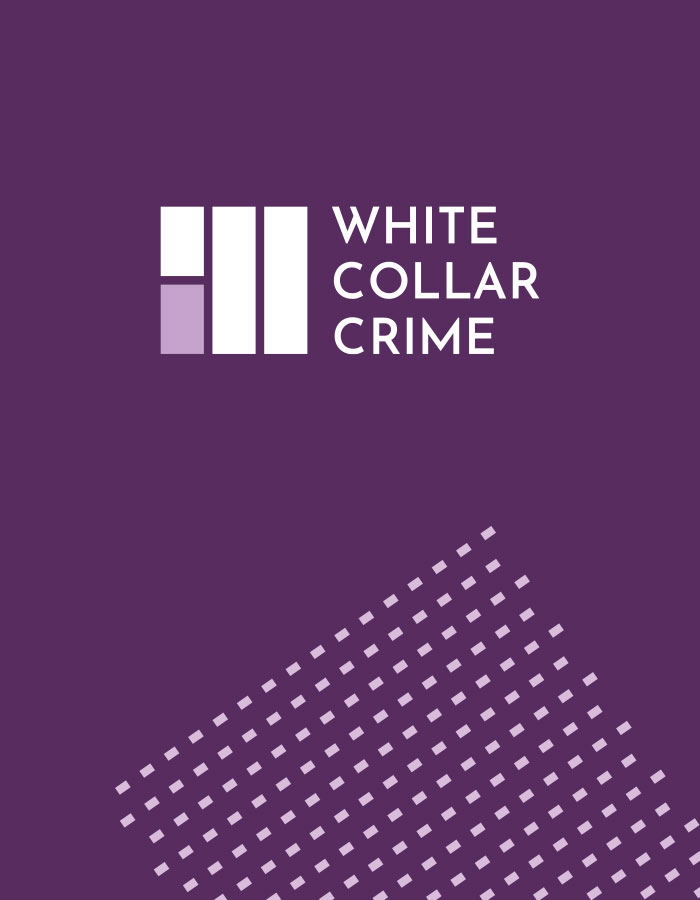Speedread: COVID-19 is a tremendous challenge to the world economy. The UK government has announced generous financial measures in response. That generosity can be expected to attract the attention of fraudsters, ready to profit from the current upheaval. Businesses and individuals should be alive to the possibility of frauds that may be perpetrated against them. They should also ensure they have appropriate measures in place, to avoid unwittingly becoming party to or facilitating such fraud themselves.
The UK government has announced a raft of financial measures to support taxpayers. Statutory sick pay is due to be brought forward to the first day of self-isolation, opportunities to claim on Universal Credit are being expanded, grants are being provided to the self-employed and the government has agreed to partially fund ‘furloughed’ employees’ (those on the payroll, but not undertaking work for their employers) wages. HMRC has deferred the deadline for payment of VAT and for income tax self-assessment and has set up a Coronavirus hotline for those unable to pay their taxes on time.
The heightened risk of fraud
Such measures are extremely welcome. However, they will almost inevitably attract fraudulent, as well as genuine, claims. Recent guidance published by the Government Counter Fraud Function[1] and the Financial Conduct Authority,[2] stresses the imminent risk of fraud across the public and private sectors.
The Fraud Triangle, developed by criminologist Dr Donald Cressey, describes the three conditions which normally exist where fraud is perpetuated: perceived financial need, opportunity and rationalisation. The current financial instability brings with it financial pressure, with increased redundancies and certain self-employed individuals finding themselves unable to source work. It also brings opportunity, in the form of generous handouts from the state and severe upheaval for those authorities charged with weeding out dishonest claims. Finally, the situation is so extreme that some may rationalise using illegal measures to put their own families’ interests first; particularly those who have paid substantial taxes in the past and so consider that they are owed state funds in their time of need.
As a result, tax and benefit fraud are likely to rise dramatically. For example, the introduction of the furloughed employee scheme may lead to a sudden swelling of the numbers of persons recorded as ‘employed’, together with claims for inflated salaries. Companies House may see a raft of ‘clone’ companies being incorporated to make false claims. The more long-term minded fraudsters may simply bide their time and seek to claim inflated losses to set off against future tax liabilities. Solicitors, accountants and corporate service providers need to look out.
Protective steps that should be taken
Such fraud may impact upon innocent businesses in two fundamental ways: they may suffer identity fraud, with false claims being made in their name, or they may unwittingly become liable themselves for failing to prevent the facilitation of tax evasion.
In order to combat the first risk (identity fraud), businesses and individuals should consider the following precautions.
- Protect personal data. It is important not to become complacent about sharing personal data with other entities. Although business is being conducted remotely now as a matter of course, it is no safer to share personal data online than it was previously. Sensitive data should only be shared through secure methods and only with those whose identity you have verified.
- Conduct appropriate due diligence. Companies should conduct appropriate levels of due diligence when entering into new business relationships and transactions. Unsolicited approaches may be genuine or may be an attempt to extract inside information (including employee names and details) not available through public sources.
- Forward correspondence. All businesses should arrange for correspondence to be forwarded to their current address. This is fundamental to ensure timely receipt of letters from the authorities, which could reveal any identity fraud.
In order to respond to the risk of unwitting corporate liability, it is fundamental that all businesses conduct a thorough review of their ‘reasonable procedures’ in place to prevent the facilitation of tax evasion under the Criminal Finances Act 2017. Now, more than ever, the government will be relying on corporates to identify tax fraud, and they may take a stringent approach to penalties if companies have failed to adapt their measures to the current environment. For example:
- Zero-tolerance approach. Management could announce a zero-tolerance approach regarding anyone connected with the business falsely passing themself off as an employee.
- Training. Refreshed training on tax evasion indicators could be provided to employees online.
- Scrutiny of Invoices. The procedures should highlight that any invoicing discrepancies with third parties should be scrutinised as carefully as usual (including where they allegedly arise solely because of difficulties generating paperwork during the lockdown).
Finally, for those individuals and entities making a claim for any of the benefits on offer from the government, it will be vital not just to ensure eligibility, but also to make sure contemporaneous records are kept, in order to be able to evidence this in the future, should they be investigated.
A final thought…
The sanctions for fraud are serious, and the corporate facilitation of tax evasion is punishable by an unlimited fine. Whilst the government may be busy on other urgent matters over the coming months, once this pandemic has been resolved, it is expected that the authorities will take a robust approach to those who sought to dishonestly deprive the public purse of vital funds at this difficult time. Those professionals who carelessly enabled the fraudsters will be equally at risk. Businesses and individuals should not wait until then but should put protective measures in place today.
[2] https://www.fca.org.uk/news/news-stories/avoid-coronavirus-scams#hea







